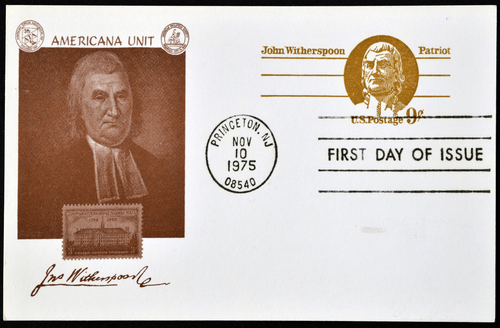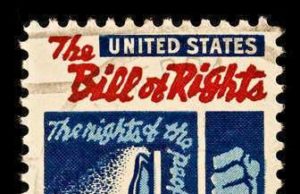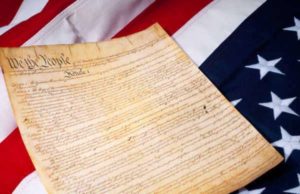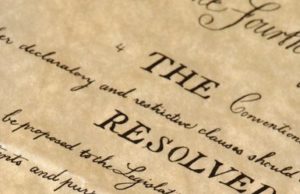
Court Split over Miranda Rights Case
Miranda v. Arizona is a landmark case in United States law that established the requirement of the Miranda warning before law enforcement interrogations. Despite this clear precedent, recent court cases have shown a split among judges over the interpretation and application of Miranda rights. This article will explore this split and its implications for the future of Miranda rights.
Background
The Miranda warning is a statement that informs suspects of their right to remain silent and to have an attorney present during questioning. It is named after the defendant in Miranda v. Arizona, Ernesto Miranda, who was not informed of his rights during his arrest and interrogation. The Supreme Court ruled in 1966 that such a warning is necessary to protect a suspect’s Fifth and Sixth Amendment rights against self-incrimination and the right to counsel.
Split Among Judges
Despite the clear precedent set by Miranda v. Arizona, recent cases have shown a split among judges over the interpretation and application of Miranda rights. In some cases, judges have interpreted Miranda more narrowly, allowing law enforcement to use certain statements or evidence obtained during interrogations even if the defendant was not properly informed of their rights.
For example, in the case of Berghuis v. Thompkins in 2010, the Supreme Court narrowly ruled that a suspect who did not explicitly invoke their right to remain silent during an interrogation had waived that right. This decision has been criticized by some legal experts as a loosening of Miranda protections.
Implications
This split among judges over the interpretation and application of Miranda rights has implications for the future of these protections. It raises important questions about the scope and limits of Miranda, and whether its protections are being eroded over time.
On one hand, some argue that the narrow interpretations of Miranda are necessary to allow law enforcement to effectively investigate and prosecute crimes. They argue that strict adherence to Miranda can lead to the exclusion of important evidence and limit the ability of law enforcement to get to the truth in certain cases.
On the other hand, others argue that Miranda protections are essential to protecting individual rights against government overreach and abuse. They warn that allowing too many exceptions to Miranda could undermine the fundamental principles of due process and equal protection under the law.
Conclusion
Miranda v. Arizona remains an important precedent in United States law, but recent court cases have shown a split among judges over the interpretation and application of Miranda rights. This split raises important questions about the scope and limits of Miranda, and whether its protections are being eroded over time. As legal experts continue to debate these issues, it will be important to carefully consider the balance between individual rights and law enforcement needs in criminal investigations.
The Supreme Court was divided on Tuesday regarding whether it is mandatory for police to read Miranda rights to prison inmates every time they interrogate them concerning crimes unrelated to their current incarceration.
The Supreme Court heard arguments from lawyers across the country who seek the termination of a federal appeals court decision, which overturned the conviction of Randall Lee Fields.
Fields were serving a 45-day sentence in prison for a disorderly conduct conviction when a prison guard removed him from his cell and took him to a conference room. The deputies, after telling him he could leave at any time, then questioned Fields for hours regarding allegations that he had sexually assaulted a minor. Fields ultimately confessed to the crime and he was sentenced to an additional 10 to 15 years in prison.
Fields appealed the use of his confession, claiming that he was never awarded his Miranda rights on the sexual assault charges. On appeal, the 6th Circuit Court of Appeals in Cincinnati threw out Fields’ confession and conviction, by ruling that it is required for police to read Miranda rights to inmates anytime they are isolated from the prison population or in situations where they could potentially incriminate themselves.

























